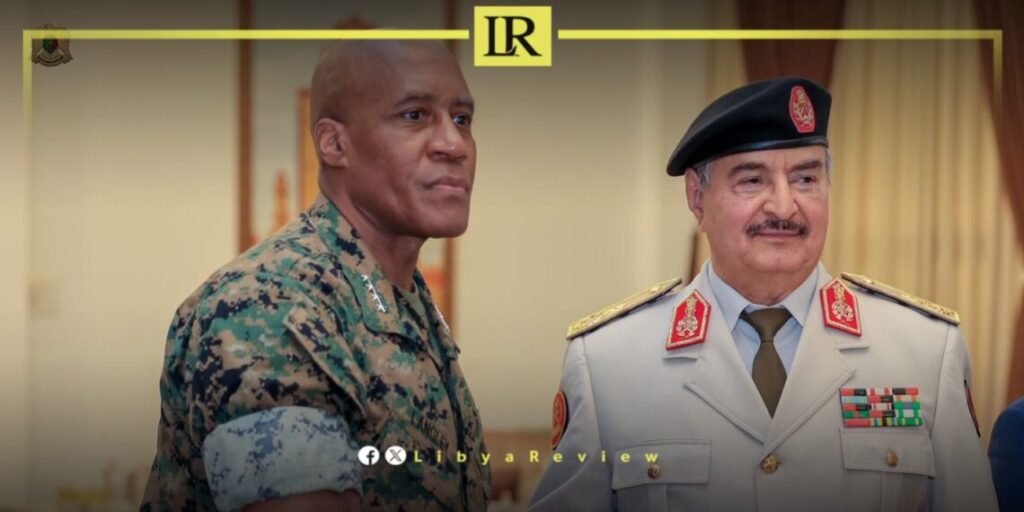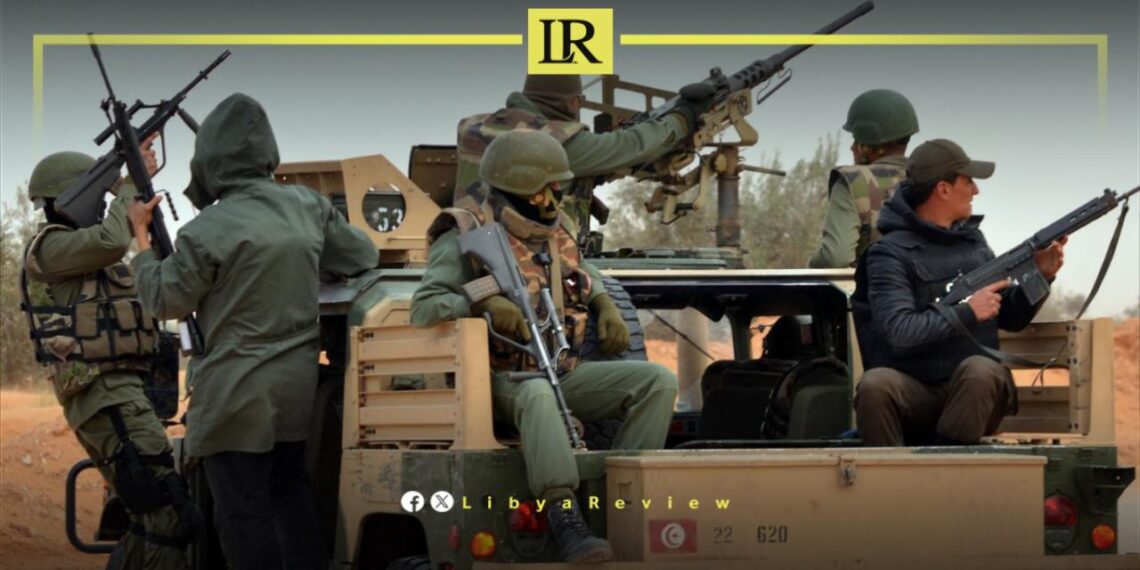NATIONAL SECURITY ISSUES
- On Sunday, September 1st, unknown gunmen assassinated Abd Al-Rahman Milad, infamously known as “Al-Bidja,” the head of the Naval Academy in Libya. According to eyewitnesses, Al-Bidja’s car was riddled with bullets as he drove through Janzour, west of Tripoli. Medical sources at Zawiya Hospital confirmed the arrival of Al-Bidja’s lifeless body shortly after the attack, marking the violent end of one of Libya’s most notorious figures. Social media quickly lit up with photos and videos of the aftermath, showing the bullet-riddled car and the lifeless body of Al-Bidja. The assassination of this high-profile figure has sent shockwaves across Libya, where Al-Bidja was both feared and infamous for his extensive involvement in human trafficking and smuggling operations.

- Libya’s Health Ministry of the Parliament-designate government has provided healthcare support to approximately 1,400 migrants who had been detained for over two years. The ministry has also ensured that they are accommodated at a suitable location within the Tamanhint military base. This initiative is part of the ongoing efforts led by the Libyan government, under the directives of the General Command of the Libyan National Army. According to a ministry statement, initial medical assessments revealed that many of the migrants were in critical health conditions due to prolonged detention.
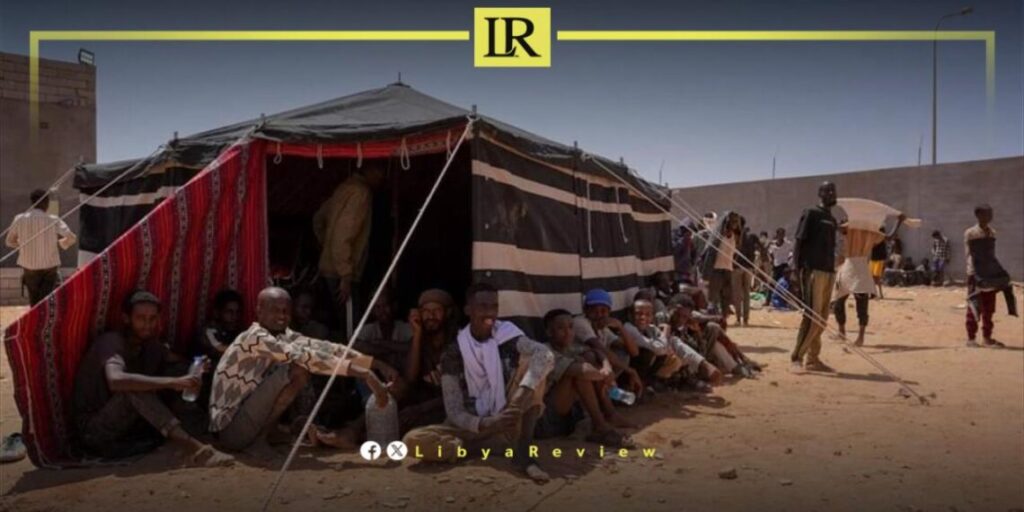
- Libya is witnessing a growing influx of refugees from Sudan, with around 97,000 individuals seeking refuge since the conflict began. Alkufra, a major entry point, is overwhelmed, receiving approximately 350 new arrivals daily, according to the UN Refugee Agency (UNHCR). Recent flooding has further strained the region’s infrastructure, forcing some refugees to take temporary shelter in schools. Many others are living in makeshift tents on farms outside Alkufra, facing severe shortages of water, sanitation, and safe shelters, which expose them to extreme weather and health risks.
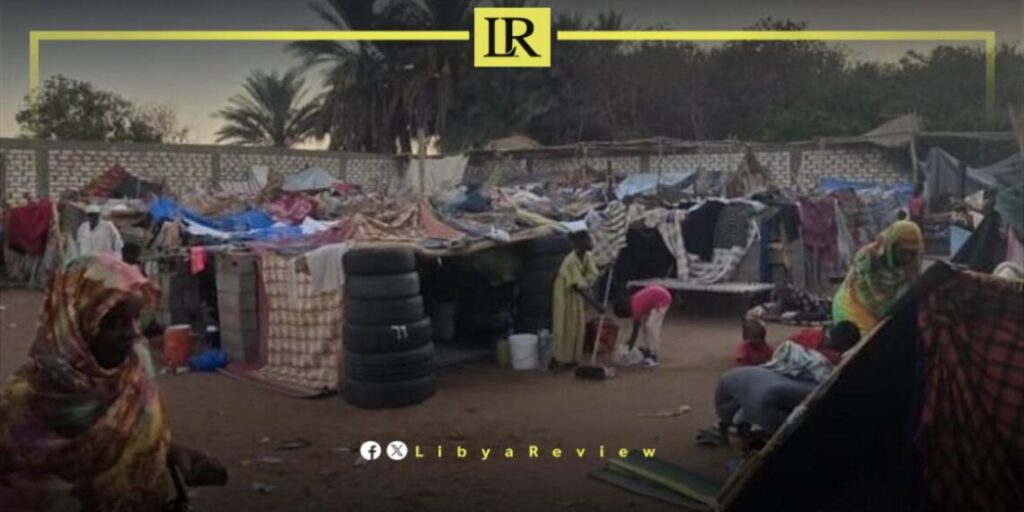
- The “Alarm Phone” platform, which advocates for migrants, condemned the Libyan Coast Guard for intercepting a migrant boat that had departed from Lebanon, aiming to reach Italy. In a post on Tuesday, 27, August Alarm Phone issued alerts about a large boat in danger of sinking near the Greek island of Crete. The vessel, carrying 117 people, had run out of fuel and food after setting sail from Lebanon. The organization reported that despite appeals from humanitarian groups for an immediate search and rescue operation to bring the migrants to a safe European port, European authorities did not respond. The Libyan Coast Guard ultimately intercepted the migrant boat with assistance from a commercial ship in the area.
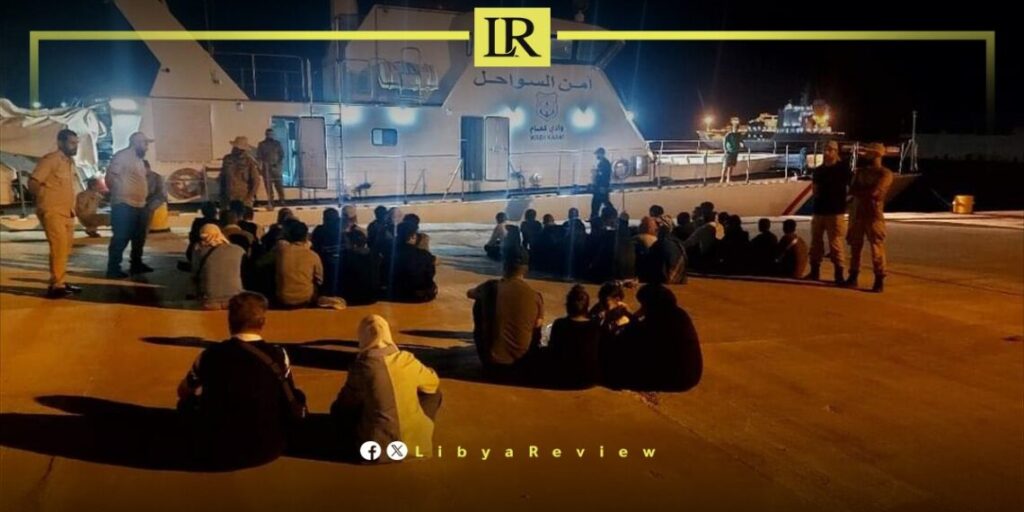
- Libya’s “444 Combat Brigade,” part of the Government of National Unity, announced that it had successfully intercepted an attempt to smuggle 40,000 litres of fuel across the Libyan desert. In a statement, the brigade reported that its forces pursued fuel smugglers through remote desert routes, foiling several evasion attempts. The operation culminated in the capture of a truck loaded with over 40,000 litres of fuel intended for smuggling. Fuel smuggling severely drains Libya’s resources. The country imports most of its fuel to meet domestic demand, selling it locally with substantial subsidies, reducing the cost by up to 90% of the original price.

NATIONAL POLITICS AND SOCIAL ISSUES
-
The Central Bank of Libya (CBL) has issued a series of terse statements on its website regarding the recent turmoil at its headquarters amid a crisis over the handover of the governorship position. The Central Bank warned that the raid on its main headquarters on Al-Shat Road in Tripoli, now in its second day, aimed at enforcing an unlawful decision by the Presidential Council to change the bank’s management, jeopardizes its operations and prevents the execution of August salaries, letter of credit openings, and personal transfers. The bank’s statement called on citizens across Libya to unite against these illegal actions, which negatively affect the nation’s overall state, impacting its political, economic, social, and financial stability.
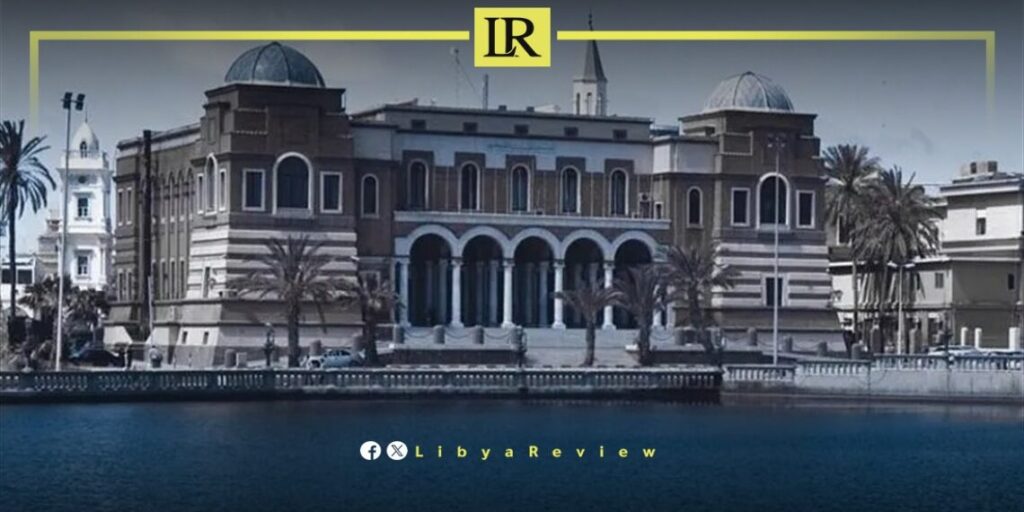
- On Monday, August 26, the United Nations Support Mission in Libya (UNSMIL) emphasized the complexity of disarming armed groups in Libya, highlighting that it is a challenging process that demands coordinated efforts from all involved parties. This comes after a group of 30 young Libyans participated in a discussion with UNSMIL experts on disarmament, demobilization, and reintegration (DDR), where they shared ideas and recommendations for implementing an effective DDR process in Libya, based on international standards.
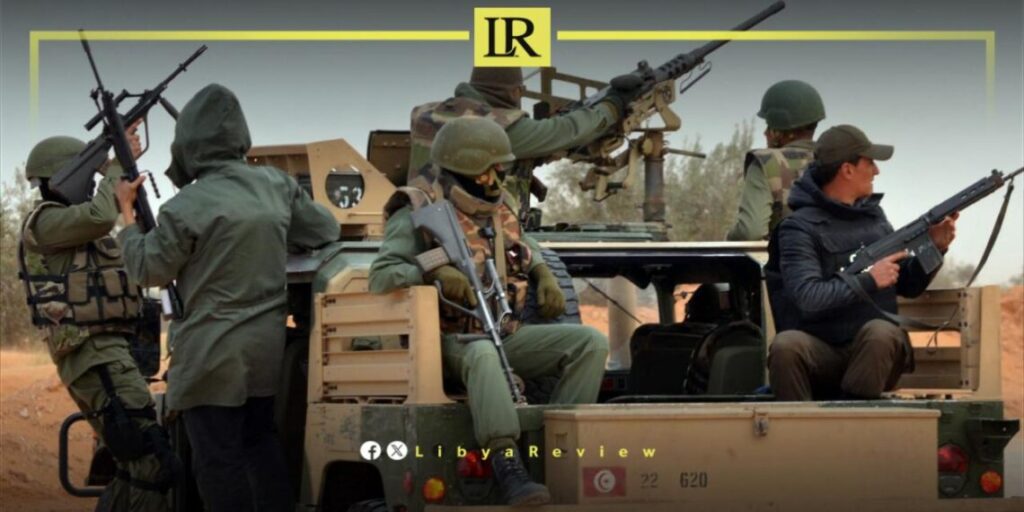
- The Libyan Foreign Bank warned on Sunday, August 25, that Libya’s state institutions risk isolation from the international financial and banking system due to recent actions taken by certain state entities against the Central Bank of Libya. This caution comes in response to the ongoing crisis surrounding the Central Bank after the Presidential Council’s announcement last week of a new governor and board of directors, a decision that has been rejected by both the House of Representatives and the High Council of State. In a letter addressed to the Director of Banking Supervision and Inspection, the Chairman of the Foreign Bank’s Board, Mohamed Ali Dharrat, highlighted concerns raised by international financial institutions and correspondent banks. These entities have expressed alarm over potential repercussions on the bank’s classification following the issuance of new directives or decisions by domestic authorities.

INTERNATIONAL RELATIONS
- On Wednesday, August 28, Libyan Foreign Minister Abdulhadi Al-Hwaij held a phone conversation with Russian Deputy Foreign Minister Mikhail Bogdanov to explore ways to strengthen the bilateral relationship between Libya and Russia. The discussion highlighted the deep historical ties between the two countries and emphasized the need for closer cooperation to enhance security, stability, and peace across the region and the African continent. According to a statement from the Libyan Ministry of Foreign Affairs, both ministers reaffirmed their commitment to advancing mutual cooperation. They underscored the importance of expanding their partnership, particularly in light of the current geopolitical challenges facing the region.

- Libya is taking a significant step toward revitalizing its transportation network by strengthening rail cooperation with Algeria and Tunisia. In a series of high-level meetings held in Algeria this week, Libyan officials joined their Algerian and Tunisian counterparts to discuss enhancing international rail services for passengers and freight. These talks, held at the Algerian National Railway Transport Company’s (SNTF) advanced maintenance facility in Rouiba, signal Libya’s commitment to improving regional connectivity and supporting its economic recovery.
- On Tuesday, August 27, the General Commander of the Libyan National Army (LNA), Field Marshal Khalifa Haftar, held a pivotal meeting with a senior U.S. delegation led by General Michael Langley, Commander of the United States Africa Command (AFRICOM), and Jeremy Bernt, the Acting Deputy Chief of Mission at the U.S. Embassy in Libya. The talks, which focused on deepening military and security cooperation, underscore the growing strategic relationship between the two nations. During the meeting, Haftar extended a warm welcome to the U.S. officials, emphasizing the importance of enhancing joint efforts in combating terrorism and extremism. He highlighted the positive trajectory of relations between the Libyan National Army and the United States, noting that stronger coordination is essential for addressing shared security challenges in the region.
